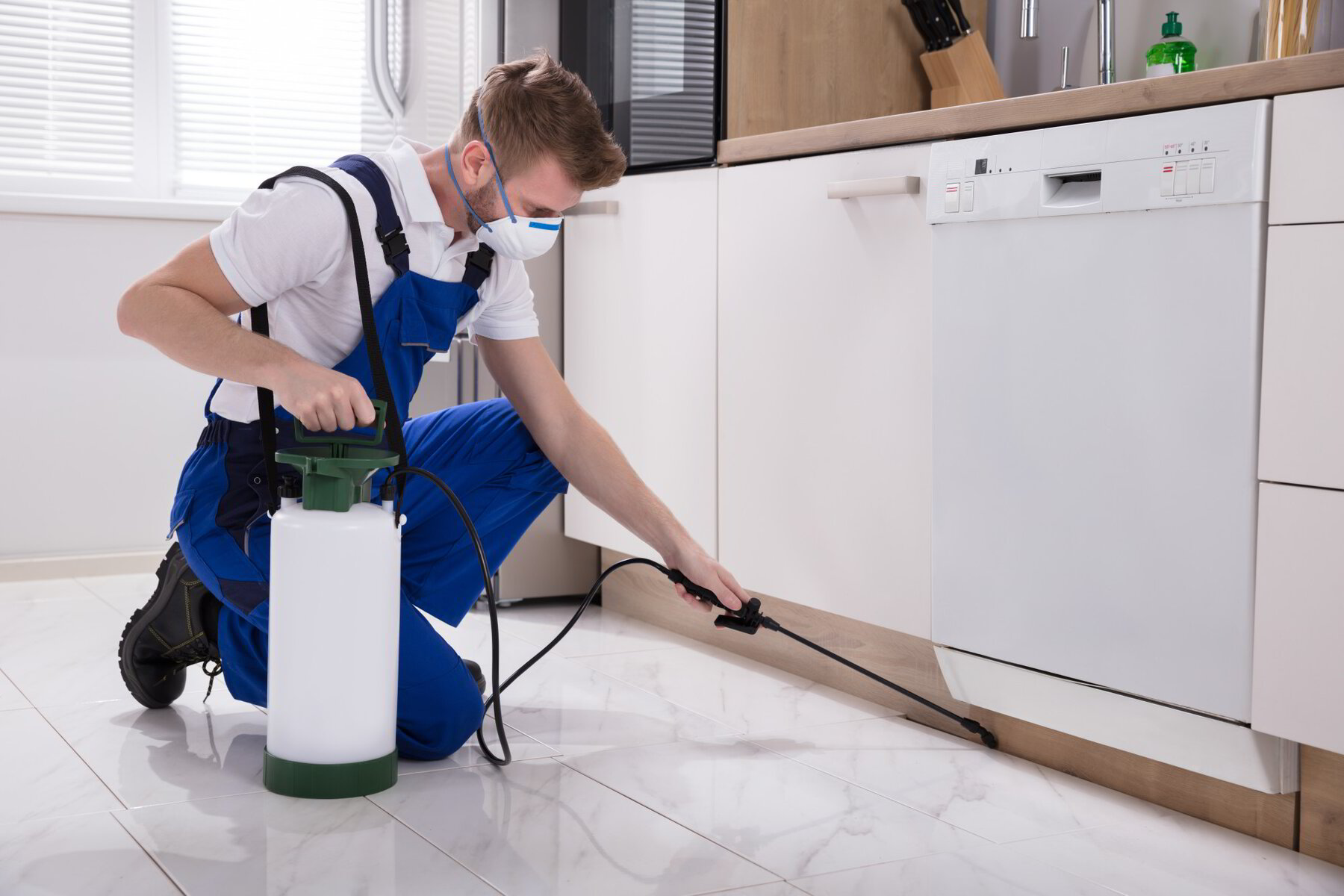Effective Pest Control and Bed Bug Treatment: Your Guide

In today’s world, pest control and bed bug treatment are essential for maintaining a healthy and comfortable living environment. Pests can wreak havoc on your home or business, causing health problems, structural damage, and discomfort. Among the many pests, bed bugs are notoriously challenging to eliminate. This guide will explore effective pest control strategies and dive deep into the methods for handling a bed bug infestation.
What is Pest Control?
Pest control refers to the management or eradication of unwanted creatures, such as insects, rodents, and other organisms, that invade human habitats. These pests can carry diseases, damage property, and disrupt peace of mind. Modern pest control includes various approaches such as physical, chemical, and biological methods to address infestations effectively.
Importance of Pest Control in Daily Life
- Health Protection
Pests like cockroaches, rodents, and mosquitoes carry diseases such as malaria, dengue, and salmonella. Proper pest control helps prevent the spread of these diseases. - Safeguarding Property
Termites, carpenter ants, and rodents can cause extensive structural damage. Pest control ensures that your property remains safe from such destructive infestations. - Enhancing Quality of Life
Living with pests can be stressful and unhygienic. Pest control restores comfort and peace of mind.
Bed Bug Infestation: A Growing Concern
Among the various pests, bed bugs have become a significant concern due to their ability to spread quickly and their resilience against many treatments.
What Are Bed Bugs?
Bed bugs are small, oval-shaped insects that feed on human and animal blood. They are most active at night and hide during the day in cracks, furniture, and bedding. Bed bugs are infamous for their ability to multiply rapidly, making infestations challenging to control.
Signs of a Bed Bug Infestation
- Bite Marks
Red, itchy bite marks on the skin are often the first sign of bed bugs. These bites are typically in clusters or lines. - Blood Stains on Sheets
Small blood spots on your bedding could be a result of bed bugs feeding. - Dark Spots and Shed Skins
Bed bug feces and shed exoskeletons are common in infested areas. - Unpleasant Odor
A musty smell is often present in heavily infested areas.
Effective Bed Bug Treatment Options
Dealing with bed bugs requires a targeted and thorough approach. Here are some of the most effective bed bug treatment strategies:
1. Inspection and Identification
Begin by identifying all infested areas. Bed bugs often hide in:
- Mattress seams
- Box springs
- Bed frames
- Furniture joints
- Baseboards and wallpaper crevices
Professional pest control services often use advanced tools such as heat detectors and specialized lights to identify hidden bed bugs.
2. Cleaning and Vacuuming
Regular vacuuming can help remove bed bugs from carpets, mattresses, and furniture. Dispose of the vacuum bag immediately to prevent reinfestation. Washing bedding, curtains, and clothing in hot water and drying them on high heat is also effective.
3. Chemical Treatments
Pesticides specifically designed for bed bugs are available in sprays, powders, and foggers. Always use EPA-approved products and follow instructions carefully. However, over-reliance on chemicals can lead to pesticide resistance.
4. Heat Treatments
Bed bugs are highly sensitive to heat. Professional pest control companies often use specialized heaters to raise room temperatures to levels lethal for bed bugs. This method is eco-friendly and effective without relying on chemicals.
5. Encasements and Traps
Using mattress and box spring encasements can prevent bed bugs from hiding and feeding. Additionally, traps can be placed near bed legs to catch these pests.
6. Professional Pest Control Services
While DIY methods can be effective for minor infestations, professional pest control services are often necessary for severe cases. Experts have the tools, knowledge, and experience to completely eliminate bed bugs.
Preventing Bed Bug Infestations
Prevention is always better than cure. Follow these tips to keep bed bugs at bay:
- Regular Inspections
Check for signs of bed bugs, especially after traveling or purchasing second-hand furniture. - Declutter Your Home
Minimize clutter to reduce hiding spots for bed bugs and other pests. - Protect Your Luggage
When traveling, keep luggage off the floor and inspect hotel bedding for bed bugs. - Seal Cracks and Crevices
Seal gaps in walls, baseboards, and furniture to prevent bed bugs from finding hiding spots.
Integrated Pest Management (IPM): A Holistic Approach
Integrated Pest Management (IPM) is an effective and sustainable approach to pest control. It combines various techniques to minimize pest problems while reducing the use of harmful chemicals. IPM includes:
- Monitoring and Identification
Regular inspections to identify pest activity. - Prevention
Using physical barriers, proper sanitation, and maintenance to keep pests out. - Control
Employing targeted treatments, such as heat treatments for bed bugs or traps for rodents, to eliminate infestations.
IPM is particularly effective for long-term pest management and is safer for the environment and human health.
Why Choose Professional Pest Control for Bed Bugs?
Professional pest control services are highly recommended for handling bed bug infestations. Here’s why:
- Expertise
Professionals understand bed bug behavior and can apply the most effective treatments. - Advanced Tools
Specialized equipment ensures thorough elimination of bed bugs, including those in hard-to-reach areas. - Peace of Mind
Hiring professionals guarantees a comprehensive solution, allowing you to sleep soundly again.
Final Thoughts
Pest control and bed bug treatment are essential for maintaining a safe and comfortable living environment. While bed bugs are challenging to eradicate, a combination of preventive measures, targeted treatments, and professional pest control services can effectively resolve the problem.
If you’re dealing with pests, don’t delay seeking help. Early intervention and proper management are key to keeping your home or business pest-free. Whether it’s a minor nuisance or a full-blown infestation, taking action today can save you from bigger problems tomorrow.






